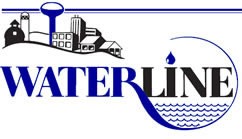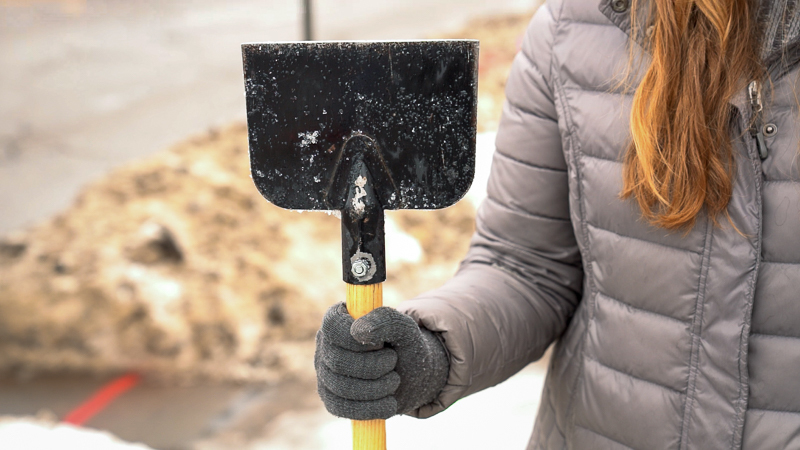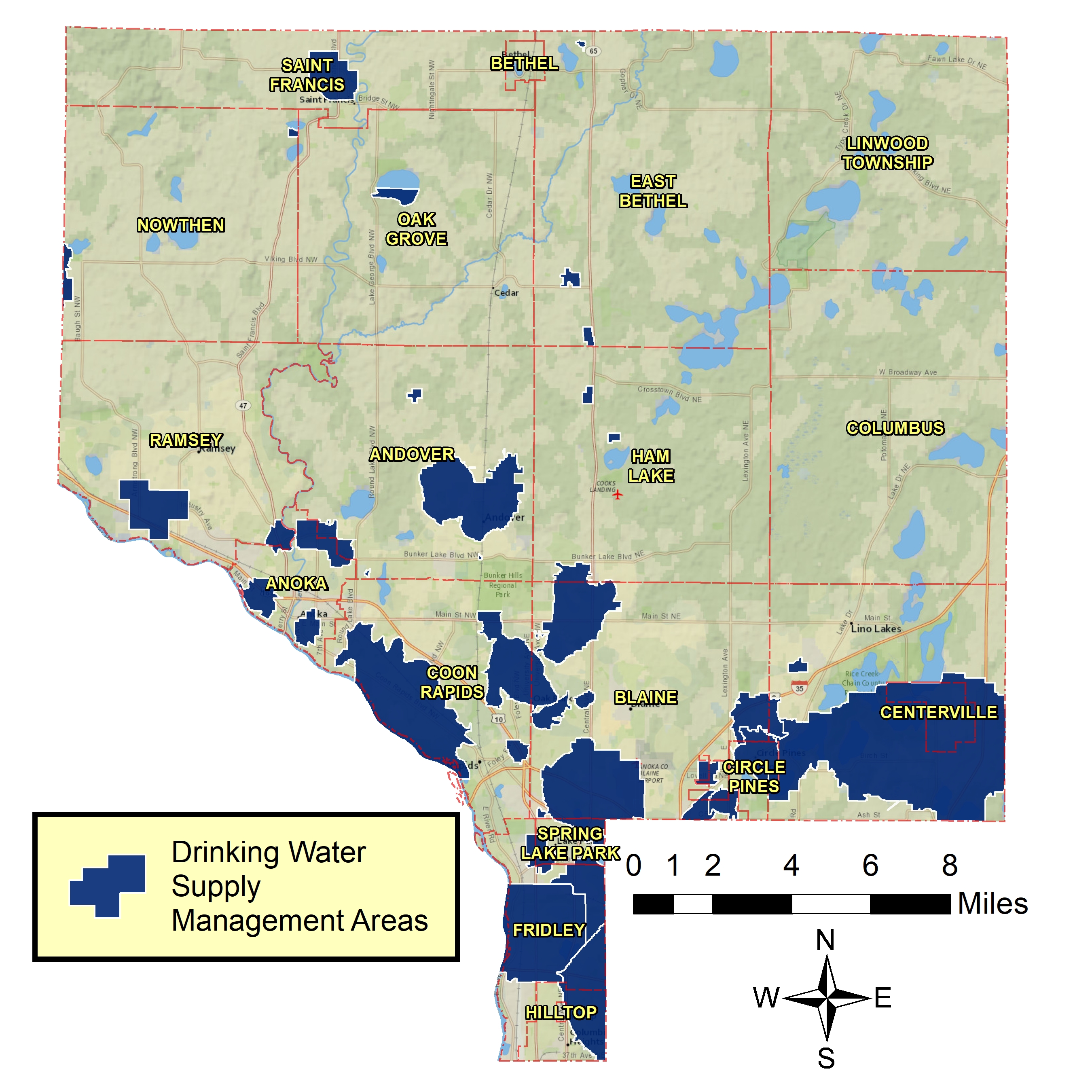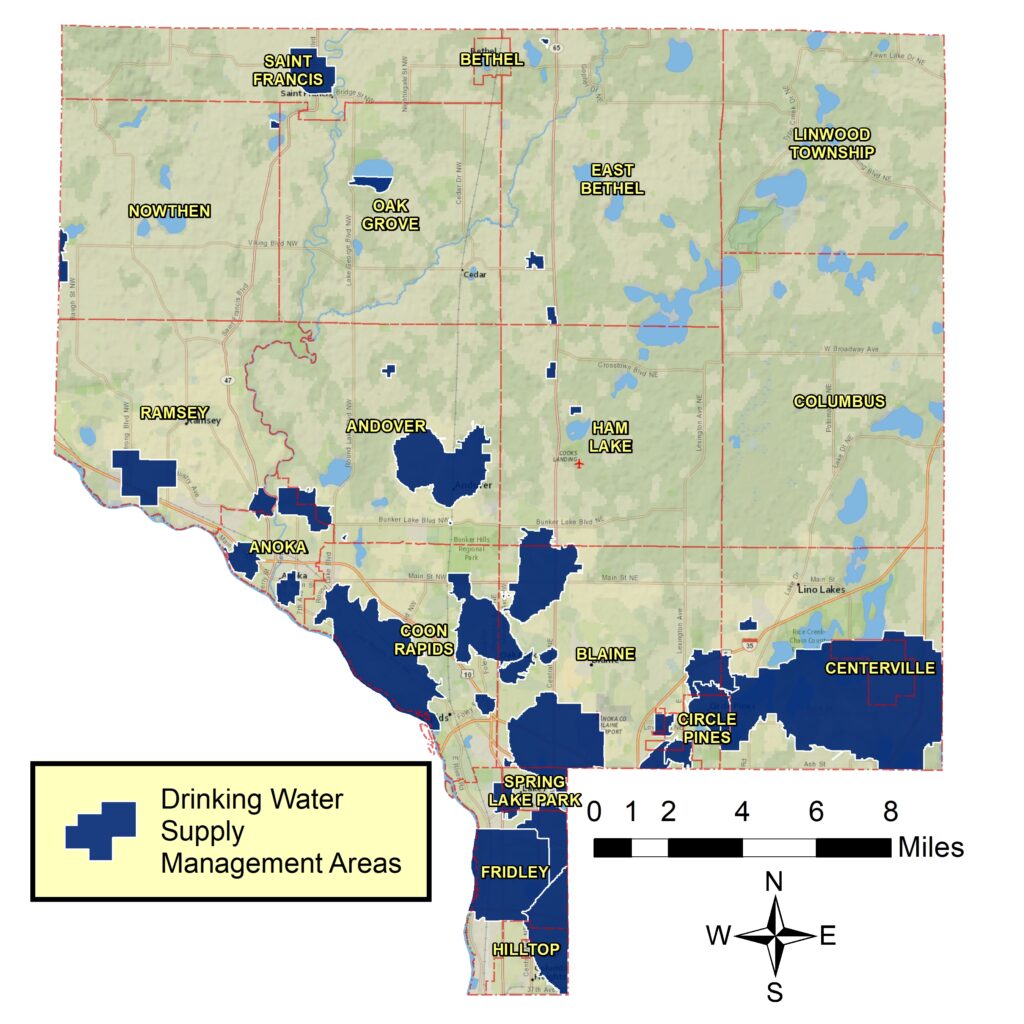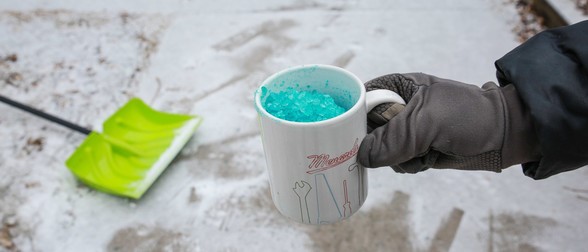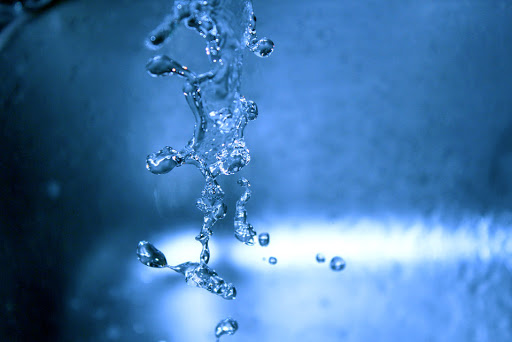The Minnesota Department of Health (MDH) has announced two new grant opportunities, both of which will be available on March 1, 2021. They are the Plan Implementation Grant and the Noncommunity Transient Grant. Both grants have an application deadline of March 31, 2021 at 4:30 pm.
The Plan Implementation Grant is available to all community and nontransient noncommunity public water supply systems who have a:
- MDH-approved Wellhead Protection Plan under the requirements of MN Rules Parts 4720.5100 to 4720.5590, or
- MDH-approved wellhead protection action plan, or
- Surface water intake protection plan that has been endorsed by MDH.
The purpose of this funding is to help public water suppliers implement source water protection measures included in their MDH-approved or endorsed plan. These grants do not require a cost share. The minimum grant amount is $1,000 and the maximum grant amount is $10,000.
To download an application form and to review more detailed information about this grant program, click here to go to the website.
The Noncommunity Transient Grant is available to noncommunity transient public water systems and its purpose is to support measures that address a potential contamination source that presents a high risk to a source of drinking water as determined by MDH. An equal cost share is required for receiving this grant. The minimum grant amount is $250 and the maximum amount is $10,000.
To download an application form and to review more detailed information about this grant program, click here to go to the website.




 February 19th, 2021
February 19th, 2021  knowtheflow
knowtheflow 
